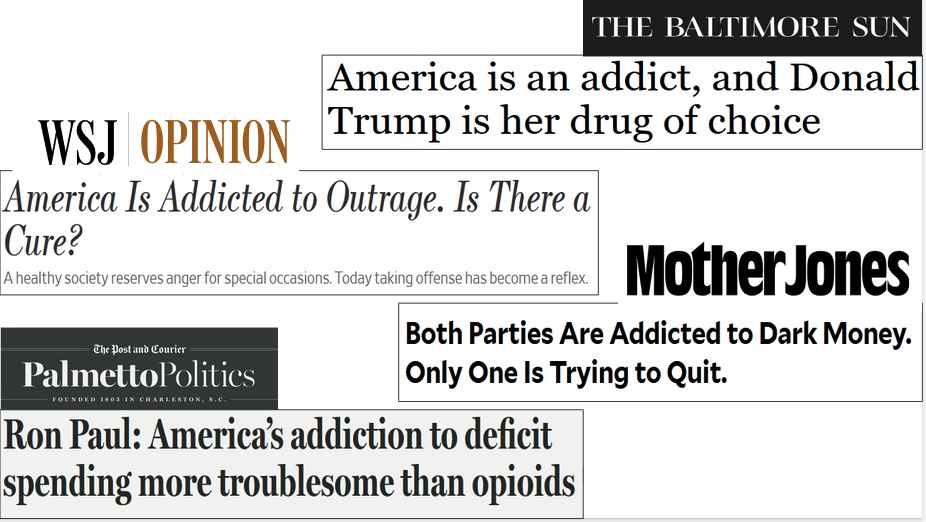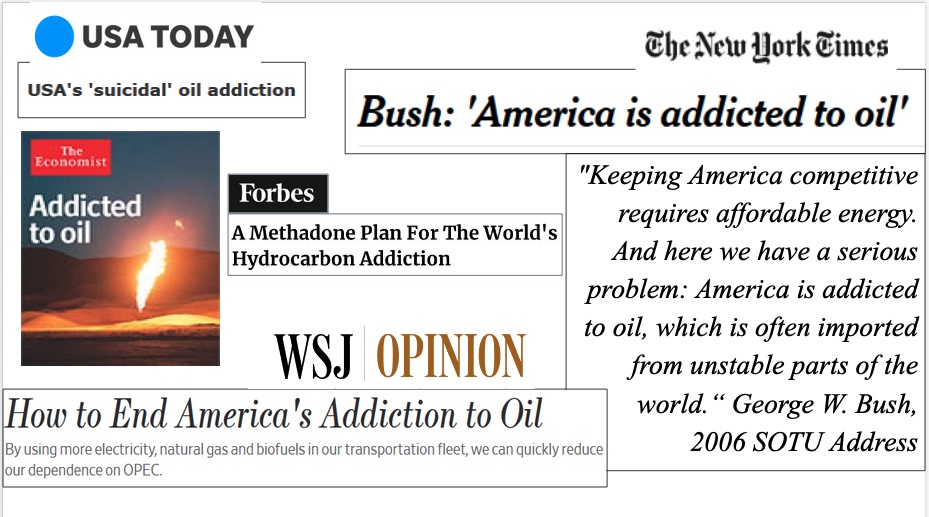My research investigates the influence of American political culture on public policymaking from a feminist and critical race perspective. Specifically, I examine the cultural resonances of key terms deployed by political actors in pursuit of their policy goals. In my dissertation, “’Collective Addictions’ in U.S. Political Culture,” I consider why some public policy areas are consistently characterized as “addictions;” investigating what politicians, the media, and laypeople mean when they claim that “America is addicted to oil,” or welfare is “addicting” to its recipients.

Using digital archival research and ordinary language analysis, I argue that actors across the political spectrum deploy the term’s racialized and gendered meanings to activate national anxieties about personal autonomy and national self-determination, fears foundational to American political culture and accentuated in a diversifying polity. I find that actors employ “addiction” as a heuristic device to characterize complex political issues, using the term’s potent cultural meanings to further their policy goals.

The paper I presented at the American Political Science Association’s 2022 annual meeting, “The Gendered Meanings and Uses of Collective ‘Addictions’ in U.S. Public Policy: A Case Study of the ‘Welfare Addict,'” received the Hayward R. Alker Best Student Paper Award from the Interpretive Methodologies and Methods Caucus of APSA.
My dissertation research emerged from an earlier project published in Social Sciences in 2018. In this article, I argue that an otherwise gridlocked Congress was able to pass a series of progressive drug policies in the 2010s because of an emerging policy framework of “addiction recovery.”
I recently co-authored an article in Polity, part of an invited symposium revisiting Hanna Pitkin’s classic Wittgenstein and Justice. In the article, my co-author Alyson Cole and I make the case that ordinary language analysis is a method distinctly suited for studying political language in our “post-truth” era.
I am currently working on a project regarding the concept of “culpability” in the opioid settlement cases in the U.S. These cases seek to adjudicate who is responsible for the opiate epidemic, and I expect they will be rich sites for studying potent themes in the American liberal-individualist political tradition.


